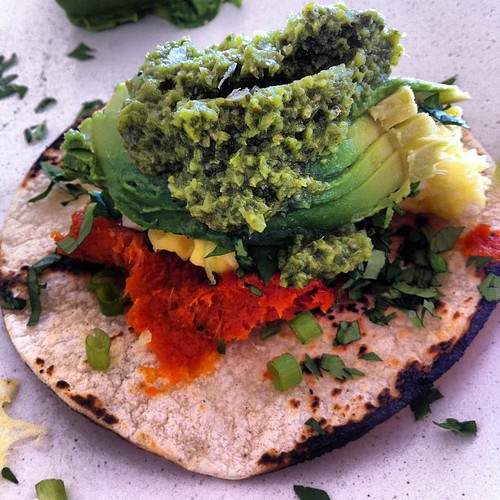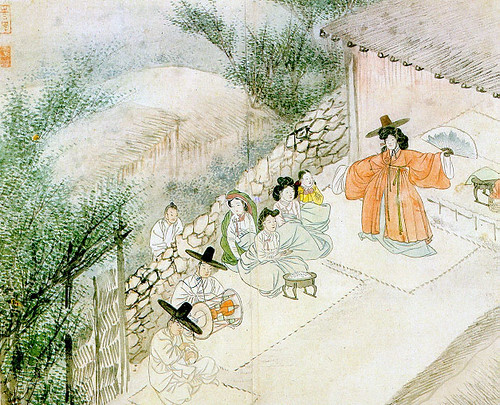
As you may know, the American Dialect Society is now accepting nominations for their words of the year. In addition to the big kahuna (last year’s was the singular “they”), they have categories for Political Word of the Year, Most Useful, Most Creative, Euphemism of the Year, and WTF Word of the Year.
In that tradition, we’ve devised our own (silly) categories for the best of Word Buzz Wednesday, our semiweekly roundup of interesting words in the news.
Weirdest Crime
express kidnapping
Back in August we wrote about these short-lived abductions in which abductors often force victims to pay their own ransom through ATM withdrawals.
Most Well-Deserved Eponym
Biles
Gymnast Simone Biles is our pick for the Most Well-Deserved Eponym of the year. The Biles is her signature move of “two back flips followed by a half twist, all with a straight body position and landing blind.”
Runners-up: Bowie bonds and Ophiohamus georgemartini
Bowie bonds, a 1997-coined term, popped up after David Bowie passed away in January. These asset-backed securities “awarded investors a share in [the singer’s] future royalties for 10 years,” says the BBC.
Ophiohamus georgemartini was a newly coined name for a deep sea brittle star found in the South Pacific. Named for Game of Thrones author George Martin, it bears a resemblance to a thorny crown on the cover of one Martin’s books.
Least Favorite -Sexual
ammosexual
In 2014 we learned about lumbersexuals. This year we weren’t so lucky: an ammosexual is someone who’s into firearms in a sexual way.
Another disturbing weapon term we learned this year was ghost gun, a kind of untraceable, “homemade” gun often not known to police until it turns up at a crime scene.
Most Disturbing Yet Important Word to Know
stochastic terrorism
Speaking of disturbing, this year we also learning about stochastic terrorism, which Rolling Stone describes as “using language and other forms of communication ‘to incite random actors to carry out violent or terrorist acts that are statistically predictable but individually unpredictable.’”
Most Regrettable Portmanteau
regrexit
In June, British citizens voted to exit the European Union, otherwise known as Brexit. This was followed almost immediately by regrexit, regretting the Brexit.
In November, after a contentious election, California vowed to Calexit, or secede the country.
Most Self-Centered Portmanteau
meflection
Lili Loofbuorow at The Week suggested meflection — a blend of me and deflection — for Donald Trump’s habit in the presidential debates of using “just about any issue principally to aggrandize himself and deflect from the actual issue.”
Favorite Bro-manteau
BROTUS
BROTUS is one bromance we’re going to miss. We’ll have to make do with these Obama-Biden BROTUS memes.
Best Regionalism We Learned This Year
Philadelphia lean
We love a good regionalism, especially one about food or drink. The Philadelphia lean is what one does when eating a proper Philly cheesesteak, to avoid getting the “juice” of said cheesesteak on one’s shirtfront.
Most Delicious-Sounding Traffic Lingo
pork chop island
This delicious-sounding phrase unfortunately has nothing to do with a porkivore’s vacation getaway but a type of traffic island named for its shape.
Most Unnecessary Portmanteau
brunchfast
What we didn’t need this year was a blend describing what’s essentially another blend. So if brunch is a meal between breakfast and lunch, what’s brunchfast? A meal between breakfast and brunch? Whatever it is, we don’t need it, Jack in the Box.
Coolest Historical Term We Learned This Year
Hello Girl
We love the term Hello Girl, a nickname for switchboard operators in the late 19th century. During World War I Hello Girls gained further recognition when women fluent in English and French were hired to aid in communication among American officers in France.
Best Old-Fashioned Insult
wazzock
Back in February, Conservative Member of Parliament Victoria Atkins called Donald Trump this North England slang term for “a stupid or annoying chump.”
Best Way to Describe Prince
superfunkycalifragisexy
In April, we lost Prince way too soon, but we’re happy for this word — a blend of funky, sexy, and supercalifragilisticexpialidocious — which we think best encapsulates the Purple One’s style, music, and funky, sexy something.
Best Excuse to Write About Beyonce
bama
A recent addition to the Oxford English Dictionary (OED), this slang term got the spotlight earlier this year when Beyonce described herself as a “Texas bama” in her song, Formation.
The OED has a few senses of the word. The earliest is as a colloquialism for the state of Alabama and specifically, the University of Alabama, with its earliest citation from 1921: “Though Bama lost they realize that the Purple Tennessee Beast played the better brand of ball.” The derogatory sense of someone uncouth or unsophisticated from the rural South is from 1970 or earlier. Bama chukker refers to “a white person from the rural American South.”
Second Best Excuse to Write About Beyonce
Becky
Beyonce brought attention to another slang term this year. In her single, Sorry, she sings, “He better call Becky with the good hair.” The expression refers to a woman who engages in certain sex acts, as well as the sex act itself.
Favorite Singlish Term to Be Added to the Oxford English Dictionary
sandwich class
In May, the OED added more than 30 East Asian terms, including the Hong Kong English sandwich class, a term for the “squeezed middle class,” those who can’t afford to buy private homes but earn too much to live in public housing.
Coolest Concept from the Netherlands
woonerf
Continuing in the borrowing category, we also love the woonerf, which translates from Dutch as “living street,” and refers to a shared space for pedestrians, cyclists, and, at times, very slow-moving cars.
Most Surreal Literary Genre
chaohuan
This Chinese literary term coined by novelist Ning Ken translates as “ultra-unreal,” and is intended to describe modern-day China beyond the genres of mystery, satire, and horror. Chaohuan could also very well describe the post-election landscape of the United States.
Word-Nerdiest Scandal
gridgate
And saving the word-nerdiest for last. In March, Timothy Parker, the editor of the USA Today and Universal crosswords, was exposed for having possibly plagiarized crossword puzzles from The New York Times.
What were your favorite — or least favorite — words this year? Let us know in the comments!



![[xmas display]](https://c7.staticflickr.com/4/3204/3117142334_25d97e1689.jpg)


